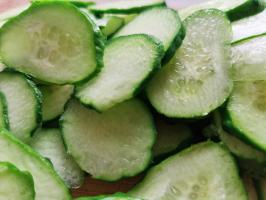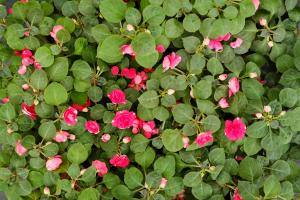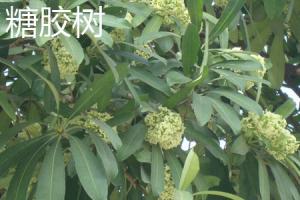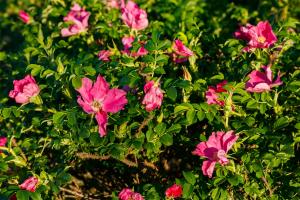How to Water a Wandering Jew Plant
Wandering Jew, also known as Tradescantia zebrina or Tradescantia fluminensis, is a popular houseplant that is appreciated for its trailing vines and colorful leaves. Caring for a Wandering Jew plant is relatively easy, but one of the most important aspects of its care is watering. Here are some tips on how to water this stunning plant.
1. Understand the Watering Needs of Wandering Jew
Before you water your Wandering Jew plant, it's crucial to understand its watering needs. As a tropical plant, Wandering Jew needs a lot of moisture to thrive. However, it's essential not to overwater the plant, as this can lead to root rot, which can ultimately kill the plant. The general rule of thumb for watering a Wandering Jew plant is to keep the soil consistently moist but not waterlogged.
2. Choose the Right Watering Container
The container you choose to water your Wandering Jew plant can also affect its growth and health. It is advisable to choose a container with proper drainage holes. This will help prevent water from accumulating in the bottom of the container and causing root rot. Ensure that the container is the right size to accommodate the plant's root system and provide enough space for the soil, water, and air to circulate correctly.
3. Watering Frequency and Amount
Water your Wandering Jew plant deeply but less frequently. Regular watering can be done weekly, but monitor how quickly the soil dries out between watering. You should adjust your watering schedule to ensure that the plant's soil does not dry out completely. Overwatering should also be avoided, and it may lead to root rot or fungal diseases that will weaken or kill the plant. If the surface feels dry to the touch, then it is time to water.
4. Morning is the Best Time to Water Your Wandering Jew
The best time to water your Wandering Jew plant is in the morning when the sun is not yet scorching. Watering your plant early in the day will allow it to absorb moisture while the temperatures are still low. Avoid watering during the hottest parts of the day or late in the evening as this can lead to fungal growth on the plant.
5. Avoid Contaminated Water
Since Wandering Jew plants do not like hard water, it would be best to use filtered, distilled, or rainwater. Tap water is usually treated with chemicals like chlorine, which can damage the plant’s delicate roots over time. It is important to avoid using contaminated water as this can be detrimental to the health of the plant.
Overall, watering is a crucial aspect of caring for a Wandering Jew plant. By understanding its watering needs, choosing the right container, watering less frequently but deeply, and avoiding contaminated water, you can keep your Wandering Jew plant healthy and thriving for years to come.

 how many times do yo...
how many times do yo... how many planted tre...
how many planted tre... how many pine trees ...
how many pine trees ... how many pecan trees...
how many pecan trees... how many plants comp...
how many plants comp... how many plants can ...
how many plants can ... how many plants and ...
how many plants and ... how many pepper plan...
how many pepper plan...































